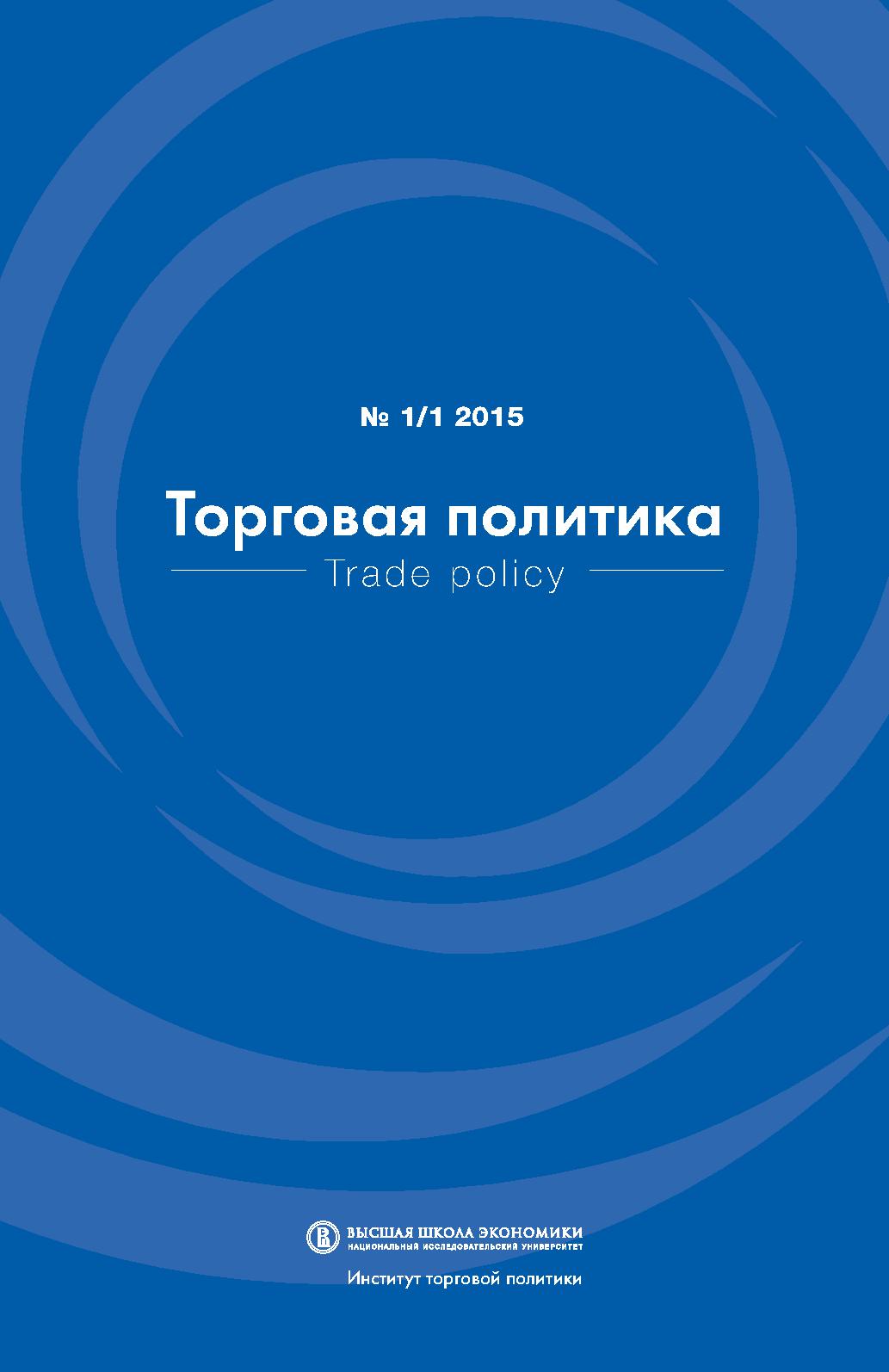Глобальная торговля биотопливом: использование ресурсов и парниковые газы при отсутствии общей политики
Аннотация
Описана и проанализирована глобальная внутриотраслевая торговля биотопливом, а также ее особенности, связанные с природоохранным законодательством в различных странах, которое было независимо друг от друга разработано на разных рынках и в разных юрисдикциях. Выдвинуты предложения и рекомендации в отношении того, как правительства могут способствовать достижению целей в области экологии, в том числе сокращению эмиссии парниковых газов без ущерба для достижения других целей, например продовольственной безопасности.
Скачивания
Литература
Beurskens L., Hekkenberg M., Vethman P. Renewable Energy Projections as Published in the National Renewable Energy Action Plans of the European Member States. Petten: European Research Centre of the Netherlands (ECN), European Environmental Agency (EEA), 2011.
Crago C.L., Khanna M., Barton J., Giuliani E., Amaral W. Competitiveness of Brazilian Sugarcane Ethanol Compared to US Corn Ethanol. Poster prepared for presentation at the Agricultural & Applied Economics Association 2010, AAEA, CAES, & WAEA Joint Annual Meeting. Denver, Colorado, 2010. 25–27 july.
Food and Agricultural Policy Research Institute (FAPRI). US Biofuel Baseline and Impact of E-15 Expansion on Biofuel Markets. FAPRI-MU Report 02–12. 2012.
Gracia A., Barreiro-Hurle J., Perez L. Consumers’ willingness to pay for biodiesel in Spain. European Association of Agricultural Economics 2011 Congress “Change and Uncertainty Challenges for Agriculture, Food and Natural Resources”, 30 august to 2 september 2011. Zurich, 2011.
Hira, A., de Oliveira L.G. No substitute for oil? How Brazil developed its ethanol industry // Energy Policy, 2009. Vol. 37. P. 2450–2456.
Kaufman J., Thompson W., Meyer S. Implications of the Low Carbon Fuel Standard for State and National Ethanol Use. University of Missouri, Department of Agricultural Economics Working Paper. 2009. No. AEWP 2009–05.
Laborde D. Assessing the land use consequences of European biofuels policies. Report by ATLASS Consortium for DG TRADE under Framework Contract TRADE/07/A2, Brussels, 2011
OECD/FAO. OECD-FAO Agricultural Outlook 2012–2021 // OECD Publishing and FAO. http:// dx.doi.org/10.1787/agr outlook-2012-en, 2012
Roosen J., Marette S., Blanchemanche S., Verger, P. The effect of product health information on liking and choice // Food Quality and Preference. 2007. Vol. 18. P. 759–770.
Schmitz N. Certification to ensure sustainable production of biofuels // Biotechnology Journal. 2007. No. 2. P. 1474–1480. URL: doi: 10.1002/biot.200700176
Thompson W., Meyer S., Westhoff P. Renewable Identification Numbers are the tracking Instrument and Bellwether of US Biofuel Mandates. EuroChoices. Vol. 8. 2009. No. 3. P. 43–50.
USDA. Ethanol transport backgrounder. US Department of Agriculture, Agricultural Marketing Service, Transportation and Marketing Programs Transportation Services Branch. Wash. 2007.
Wisner R. Ethanol exports: a way to scale the blend wall? // Renewable Energy & Climate Change Newsletter, february 2012. Agricultural Marketing Resource Centre, Iowa State University, 2012.

